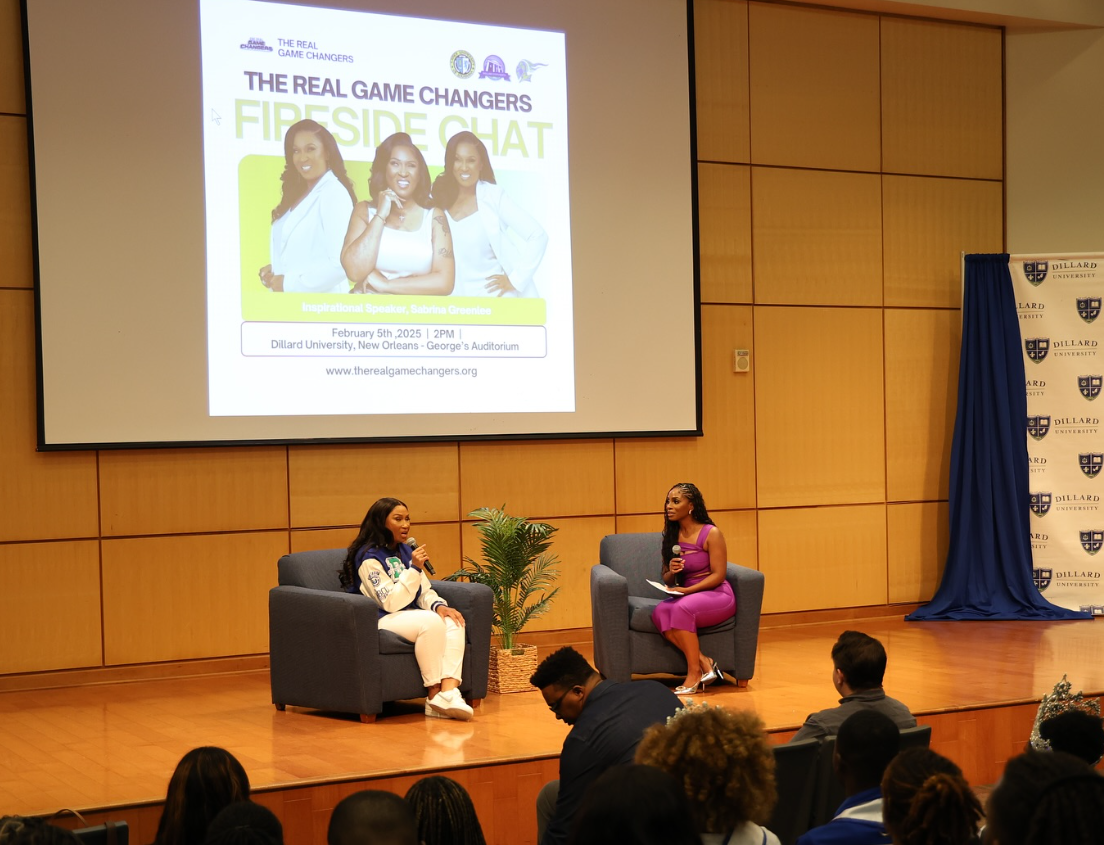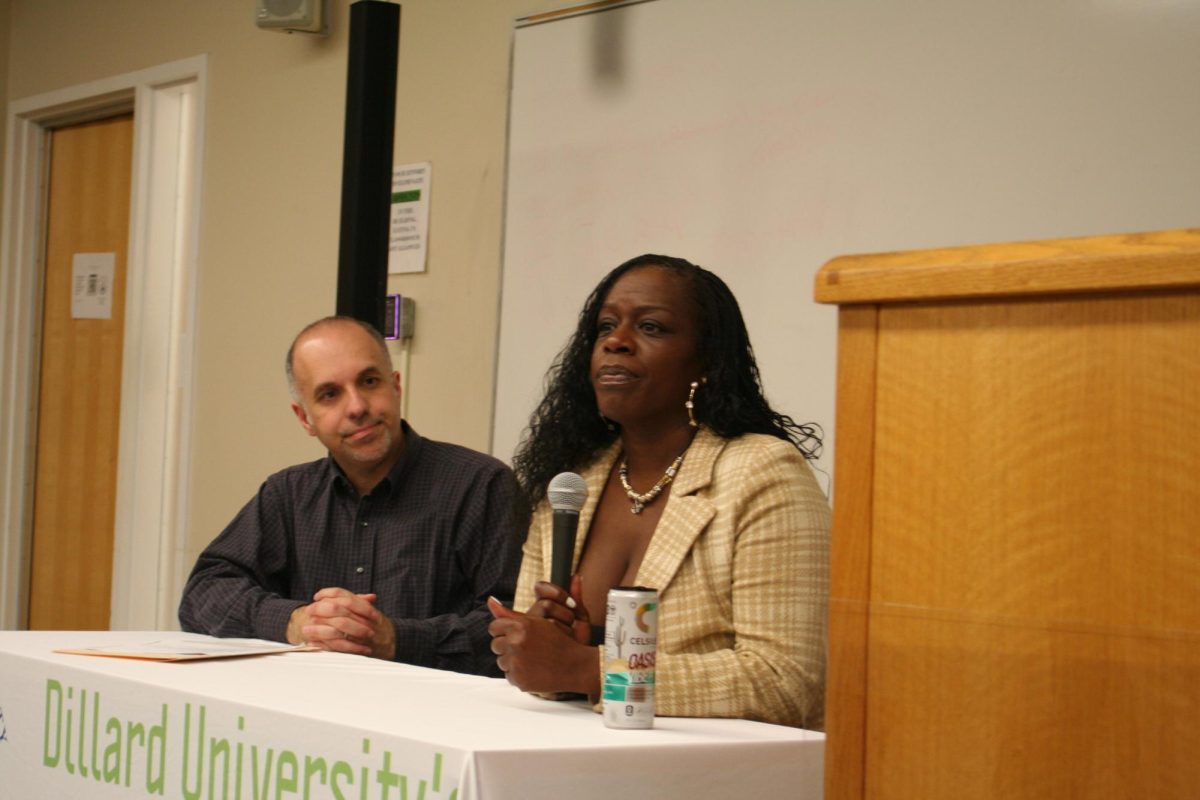The other day I bought allergy medication at a massive national chain drug store. I found the display of everything to ease my hay fever right next to some freshly cut flowers, which just so happens to be what I’m most allergic to. I was in a retail establishment, and the treatment was right next to the irritant. Like a strip club that’s also a divorce law firm.
My experience is pretty low level when you consider most pharmacies these days are nestled in the middle of a fully stocked convenience store. So if you’re, say, diabetic, you have to pass the candy aisle (twice) to get your insulin. In fact, everyone with health issues related to poor diet goes to the pharmacy only to stare at the potato chips and processed meats offered in close proximity to the appetite suppressants. Not to mention the stop smoking aids adjacent to the cigars. And yes, our commercial mega-drug stores sell cigarettes. So when you’re getting refills on your heap of emphysema treatments, you won’t have to make a second stop to get some smokes.
It’s convenience. It’s what the consumer wants. It’s offering “choices.”
The premise of today’s giant drug stores is one giant conflict of interest. Where would junk food sell better than as an impulse item while you’re standing in line to get your gout medication? Anywhere else this would be called double-dipping. It’s insider trading via Twinkie vice. It’s much like a creditor also investing in credit default swaps: the drugs stores benefit from poor health and the habits that get people there.
Would you feel comfortable at a hospital that also had a booming casket business? Convenience.
We are so used to this business model for pharmaceutical retail, we don’t even notice anymore. It doesn’t even occur to us that this is unscrupulous, because when something is rampant and widespread, it becomes normal. We get used to the neon sign flashing, we stop seeing it.
It’s also a metaphor for the health care in this country. The discussion over reform was hijacked by slogans about killing your elderly relatives instead of, well, health, and the caring of health. Our basic pharmacies have been buried by corporate interests spurned on by our own debilitating laziness and demand for kettle chips everywhere we go. So it becomes a chicken or the egg debate. Which came first? Did our health care get this way because we stopped caring about our health, or did we stop caring about our health because health care got this way?
Either way, we’ve been distracted by shiny objects whispering a promise of momentary happiness right near the shelves of birth control neighboring baby bottles (and in California, booze).
We look at our health-care insurance like our doctors, our drug store like our pharmacist. They’re not the same thing. One is a health-care provider, bound by ethical obligations. The other is a corporation, which – regardless of what the Supreme Court rules – doesn’t have a conscience, and its only obligation is to make money for its shareholders. But we trust a component (our doctor) and, therefore, give the entire system a pass.
This mistake is not making us healthier, just the “health-related” businesses.
Tina Dupuy is an award-winning writer and the editor of FishbowlLA.com. Dupuy can be reached at [email protected].

























